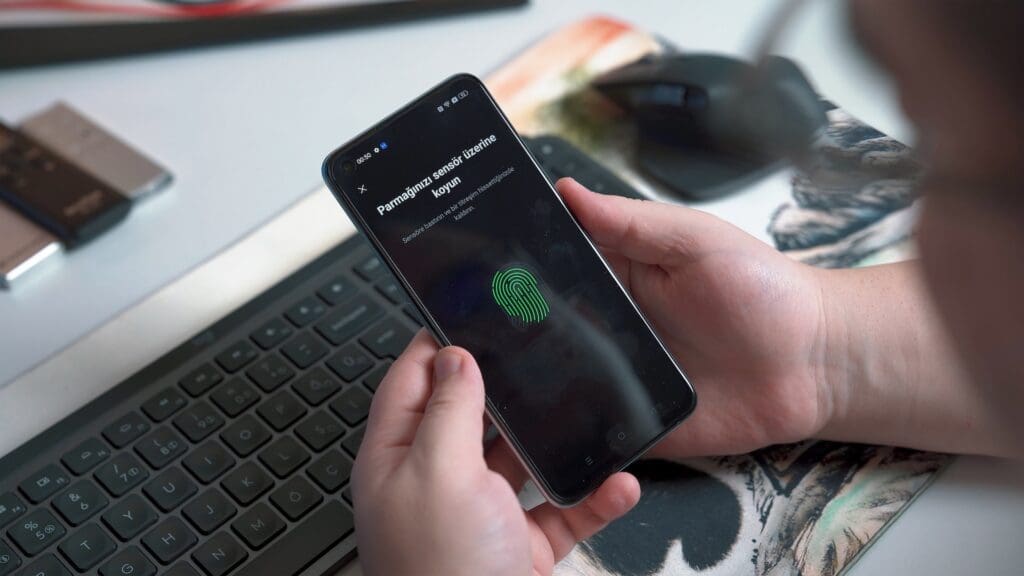As a business owner, you understand the importance of protecting your company’s valuable assets and data. However, keeping up with the latest technologies and cybersecurity measures can be challenging, and that’s where ThinkCyberIT Managed IT Services Guyana can help. ThinkCyberIT IT Services offers various cybersecurity services to help businesses stay protected from cyber threats and secure their data and systems.
Listed are the top cybersecurity services that a Managed IT Service Provider can offer to businesses:
Firewall Management
Firewalls are the first line of defense for businesses against cyber attacks. A Managed IT Service Provider can provide firewall management services, including installation, configuration, and monitoring. Firewall Management helps to ensure that your business is protected from cyber threats and unauthorized access to your network.
Antivirus and Malware Protection
Antivirus and malware protection is critical for businesses to protect their systems and data from cyber-attacks. ThinkCyberIT Managed IT Services can offer antivirus and malware protection solutions that detect and remove malicious software, ensuring that your systems and data are safe.
Penetration Testing
Penetration testing is a simulated cyber attack that tests the security of your network. A Managed IT Service Provider can conduct penetration testing to identify vulnerabilities in your systems and help you fix them before cybercriminals can exploit them.
Cybersecurity Awareness Training
Cybersecurity awareness training is critical for employees to understand the importance of cybersecurity and how to keep their systems and data safe. ThinkCyberIT Managed IT Services can provide cybersecurity awareness training to help employees understand the importance of cybersecurity and how to stay safe from cyber threats.
Security Information and Event Management (SIEM)
SIEM is a security solution that collects and analyzes security data from multiple sources to provide real-time threat detection and response. A Managed IT Service Provider can offer SIEM solutions that provide businesses with real-time threat detection and response, helping to keep their systems and data safe.
Remote Access Solutions
Remote access solutions allow employees to access company systems and data from anywhere. ThinkCyberIT Managed IT Services can provide secure remote access solutions that ensure your data and systems are protected, even when accessed from remote locations.
ThinkCyberIT Managed IT Services Guyana can provide a range of cybersecurity services to help businesses stay protected from cyber threats. From firewall management to cybersecurity awareness training, Managed IT Service Providers can help companies to ensure that their systems and data are secure. If you’re a business owner looking for IT Network Support and Cybersecurity professionals, consider partnering with a ThinkCyberIT Managed IT Service to keep your business safe from cyber threats.
Below are a few recommendations from ThinkCyberIT to begin securing your IT Environment.
- Implement Strong Access Controls: Ensure that only authorized individuals have access to sensitive systems, data, and resources. Implement robust authentication mechanisms, such as multi-factor authentication, to add an extra layer of security.
- Regularly Update Software and Systems: Keep all software, operating systems, and applications updated with the latest security patches and updates. Vulnerabilities in outdated software can be exploited by attackers.
- Use Robust Password Policies: Enforce strong password policies that require complex and unique passwords for each user. Encourage the use of password managers and educate employees about the importance of regularly changing their passwords.
- Conduct Employee Training and Awareness Programs: Educate employees about common security threats like phishing attacks and social engineering. Train your end users on best practices for handling sensitive data, identifying suspicious emails, and using secure browsing habits.
- Employ Firewalls and Intrusion Detection Systems (IDS): Install and regularly update firewalls to monitor and control incoming and outgoing network traffic. Implement IDS to detect and respond to possible intrusion attempts.
- Regularly Back Up Data: Establish a comprehensive data backup strategy that includes regular backups and offsite storage. In a security breach or data loss, having up-to-date backups can significantly minimize the impact and facilitate recovery.
- Use Encryption Technologies: Encrypt sensitive data at rest and in transit to protect it from unauthorized access. Encryption helps safeguard data even if it falls into the wrong hands.
- Conduct Regular Security Audits and Penetration Testing: Perform periodic security audits to identify vulnerabilities in your IT environment. Engage in penetration testing to simulate real-world attack scenarios and proactively address weaknesses.
- Monitor and Analyze Network Traffic: Implement robust network monitoring tools to detect and respond to suspicious activities. Monitor logs, network traffic, and user behavior to identify potential security incidents.
- Develop an Incident Response Plan: Create a documented incident response plan that outlines steps to be taken in the event of a security breach. Your plan should include a designated response team, communication protocols, and a transparent process for mitigating the incident and restoring normal operations.
Remember, IT security is an ongoing process requiring continuous monitoring, updates, and adaptation to emerging threats. Consider engaging with a trusted IT security provider or consultant to ensure the highest level of protection for your business’s IT environment.



